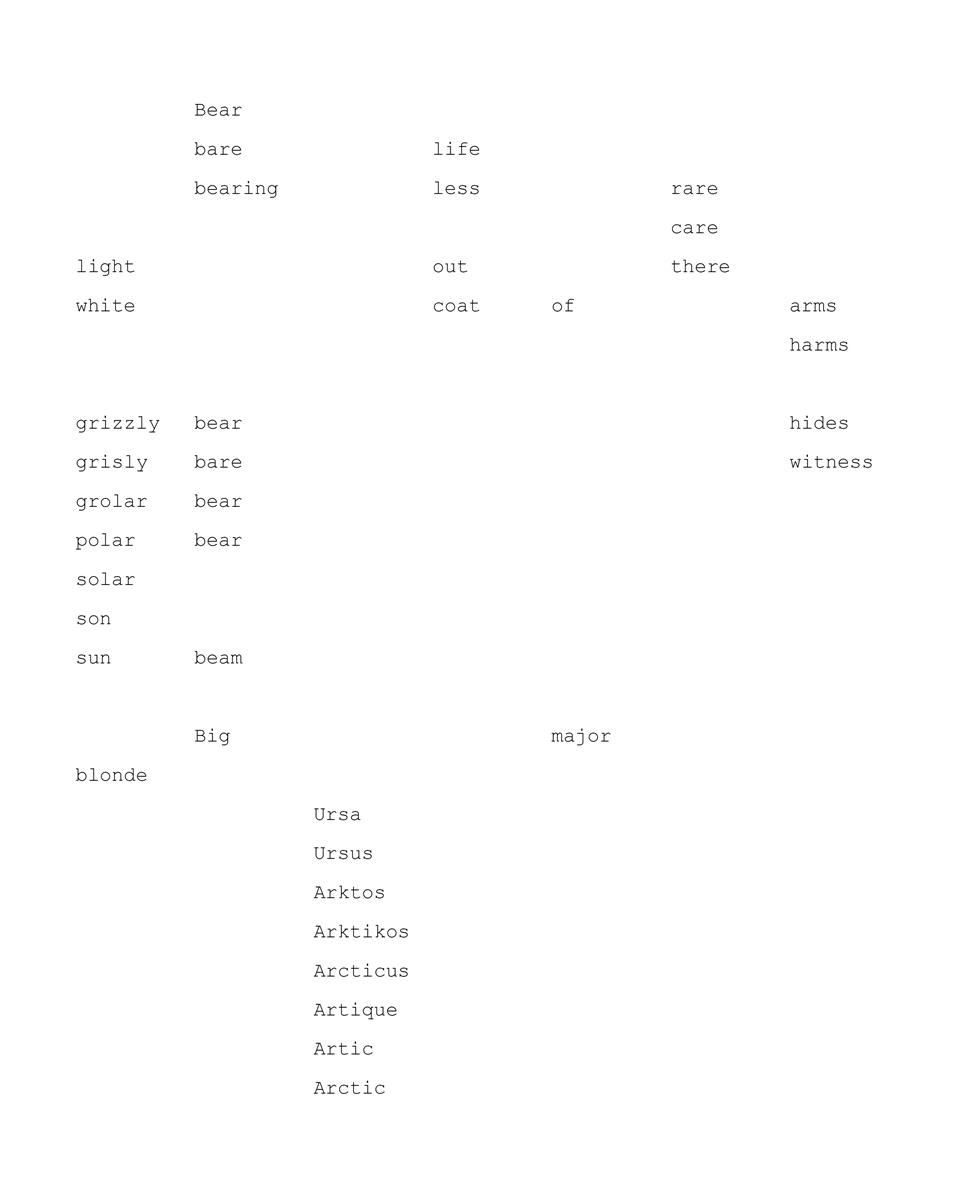Prologue
A psychoanalyst and psychiatrist Jacques Lacan has said “The reason we go to poetry is not for wisdom, but for the dismantling of wisdom”. Words, with their double meaning in writing, or resemblance while pronouncing, hold a world beyond fixed knowledge. Without a context, a relation to other words, they are everything and nothing. To be precise, as the science is ought to be, words need to pair up and line up, to acquire their fixed meaning, to become from bits of data into information applied into knowledge. European avant-gardist art movement Dada or Dadaism sought to reject the logic, reason, and aestheticism of modern society in its totality, by expressing irrational nonsense in their works. Word "dada", either was due to a ramdom access to a dictionary, the first words of a child, or holds no meaning at all. To take this attempt of irrationality and combine it with the objectives of science, the outcome could be named as “Dataism”, a dismantling of scientific discourse, to abandon its conventional wisdom, and to establish an alternative horizon of possibilities. For science, to learn new, and not only to repeat old, asks for a radical intervention on scientific writing, or rather thinking. I write, therefore I think, because I write. Here is a futile attempt to do so, to rip apart, to connect and to give a voice, to study power, ethics and being.
Joonas Vola
August 2019, Rovaniemi
A meaning to /'beə/
(A Dataist poem on becoming)
1st FIGURATION

2nd FIGURATION
They named the stars after me
They named my home after the stars
I was named when they put me on display
I, in the sky, am a mother
I, on the land, am a stranger
I, in a stand, am a sight
And in the eyes of science?
That is,
in the sight of scientist?
I am endangered
I am dangerous
I am why they carry a weapon
They need to know my world,
and they need to scare me off
If I get skinny, it is alarming
If I get on their skin, it is appalling
Now there is only the skin,
it is pinned down,
and I am pinup
On a stand
my last strand
What do I stand for,
with four legs?
Am I a stand point?
Idol for my kind?
Extraction as an abstraction?
If you do not touch,
you’ll stay out of touch
But when it is done,
the more and more of me is gone
The deeper you get,
you’ll find the rest,
but what is there to follow,
for now I am hollow
Under my white, my skin is brown
in polar waters, I will not drown
Paint is my whiteness, and my skin is pierced
I imitate nature, the nature immersed
No more sighs,
left only signs
No more names by the maker,
only questions made by a stranger
Only a hide left of me,
hiding a missing me?
Behind the cover that,
begins a human
A naked bear,
with no bearings,
is a human being,
an end and
for a human
beginning
Literature:
Agamben, Giorgio (1995). Homo Sacer: Sovereign Power and Bare Life. Stanford: Stanford University Press.
Eco, Umberto (1983). The Name of the Rose. Harcourt.
Haraway, Donna (2008). When Species Meet. Minnesota: University of Minnesota Press.
Harding, Sandra (ed.)(2004). The Feminist Standpoint Theory Reader: Intellectual and Political Controversies. New York: Routledge.
Vola, Joonas (2017). Hide and Exhibit the (In)Corporeal Ethics of the Arctic Anthropocene. In (Eds. Veera Kinnunen & Anu Valtonen) Living ethics: in a more-than-human world. Rovaniemi: Lapin yliopisto, pp. 57-65.
Illustration Jutta Mykrä